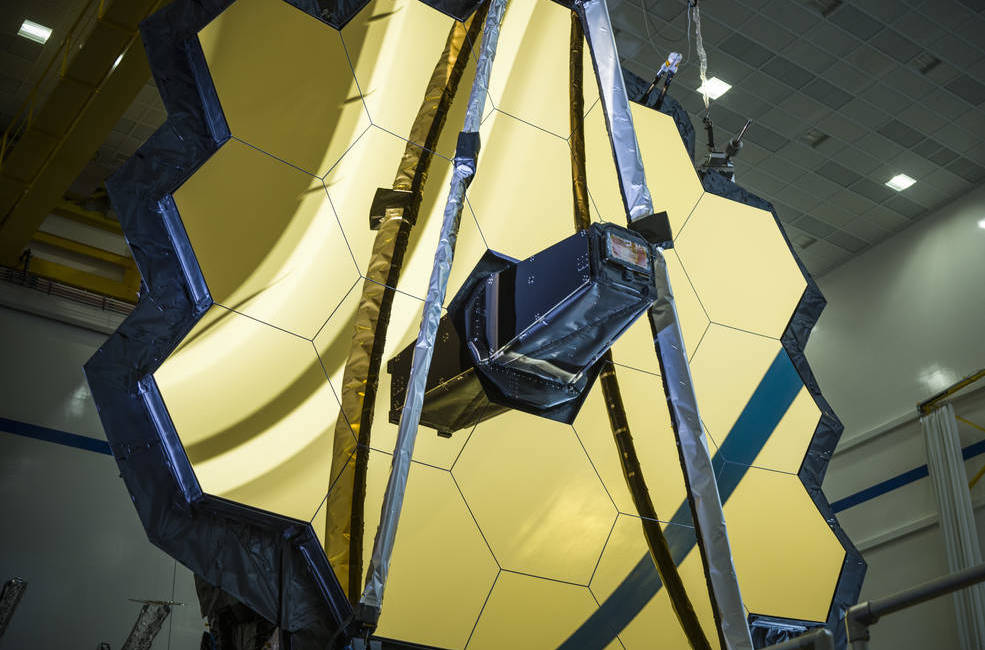September 13, 2023- 3RD OF 3
High-Stakes Summit: Tech Titans, Senators, and Civil Society Unite on AI Regulation
In a landmark three-hour Senate hearing on artificial intelligence (AI), tech mogul Elon Musk warned of the potential grave risks posed by AI technology. Musk's statement encapsulated the gravity of the discussions held during the session, organized by Senate Majority Leader Chuck Schumer. The meeting brought together prominent tech CEOs, leaders from civil society, and over 60 senators, marking the beginning of a series of nine sessions aimed at forging a consensus on AI regulation. This article delves into the key highlights of this pivotal event and the implications it holds for the future of AI.
A Call for Federal Oversight
Unanimously, all attendees agreed that the federal government should play a role in overseeing AI development and deployment. This consensus highlights the increasing recognition of the necessity for government intervention in the AI landscape. However, the precise nature of this oversight and the legislative specifics remained elusive, indicating the complexity of the issue.
Balancing Benefits and Risks
The central challenge for policymakers is to harness the benefits of AI while mitigating the risks. Senators heard diverse perspectives during the meeting, with labor unions expressing concerns about potential job displacement and civil rights leaders emphasizing inclusivity in the legislative process. Achieving this delicate balance will be a formidable task for Congress.
Lack of Clarity on Oversight
While attendees discussed the need for oversight, the details of how it should be implemented remained unclear. Suggestions ranged from assigning oversight responsibilities to existing agencies like the National Institute of Standards and Technology to the creation of a dedicated AI regulatory agency. Elon Musk indicated his belief that a standalone agency for AI regulation might be necessary in the future.
Tech Industry's Influence
The tech industry, represented by CEOs from companies like Google, IBM, Microsoft, and OpenAI, played a significant role in shaping the AI regulation discourse. These companies have already proposed comprehensive frameworks for AI regulation, emphasizing transparency, accountability, and responsible AI practices.
Slow Legislative Progress
Despite the importance of the summit, some critics expressed concerns that it might not lead to immediate legislative action. They cited previous instances of sluggish progress on tech-related bills and called for concrete regulatory measures. The slow pace of tech legislation in Congress was highlighted as an issue that needs attention.
The Senate summit on AI represents a pivotal moment in the development of AI regulation. While consensus on the need for oversight was achieved, the road to comprehensive AI legislation remains challenging. Navigating the diverse interests and concerns raised during the meeting will be a complex task for lawmakers. Nevertheless, the summit has set the stage for future discussions and actions, marking a significant milestone in AI governance.


















































.webp)
.webp)













































